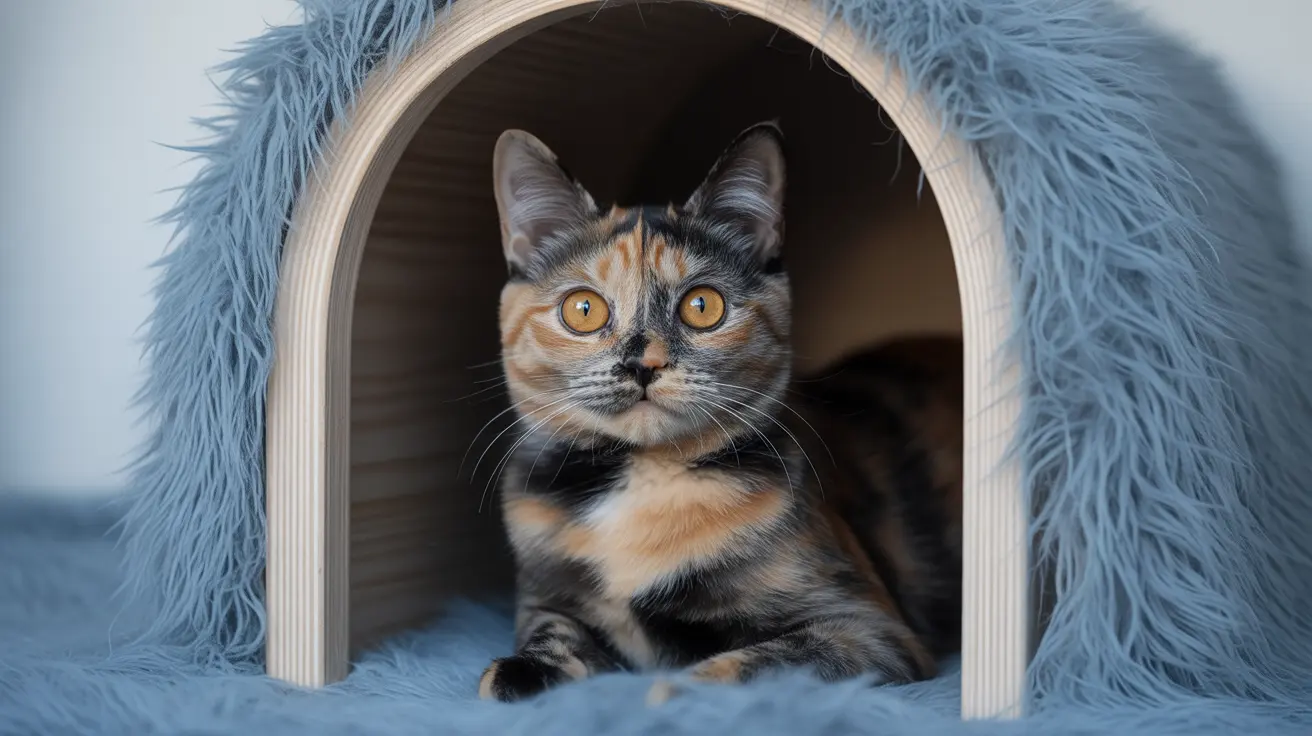What to Do If Your Dog Eats Melatonin
Melatonin is a common supplement used to regulate sleep cycles in humans. It's also occasionally recommended by veterinarians to help pets manage anxiety, insomnia, or certain medical conditions. However, what happens if your dog accidentally ingests melatonin without supervision? Knowing how to react promptly can protect your dog’s health and prevent complications.
Understanding Melatonin and Its Effects on Dogs
Melatonin is a hormone naturally produced by mammals to manage the sleep-wake cycle. While melatonin supplements are typically safe for humans, the impact on dogs can vary based on the dosage, size of the dog, and presence of other ingredients.
In veterinary settings, melatonin can occasionally be prescribed to treat:
- Separation anxiety
- Insomnia
- Cushing’s disease
- Thunderstorm phobias
Some formulations also include xylitol, a sugar substitute that is extremely toxic to dogs.
Immediate Action: Assess the Situation
If you discover that your dog ate melatonin, follow these steps immediately:
- Determine how much was ingested – Check how many tablets are missing and what concentration each tablet contains.
- Look at the label – Verify if the product includes harmful additives like xylitol or caffeine.
- Assess your dog’s condition – Watch for symptoms such as vomiting, weakness, disorientation, or excessive sleepiness.
- Call your veterinarian or poison control – Contact your vet or the ASPCA Animal Poison Control Center immediately.
Symptoms to Watch For
Depending on the dosage and your dog’s sensitivity, symptoms of melatonin ingestion can include:
- Lethargy or excessive drowsiness
- Digestive upset – Vomiting, diarrhea, or lack of appetite
- Disorientation or lack of coordination
- Increased heart rate or blood pressure changes
- Panting or restlessness
If a toxic ingredient like xylitol is involved, signs of poisoning may also include:
- Seizures
- Low blood sugar (hypoglycemia)
- Liver failure
Possible Treatments for Melatonin Ingestion
Treatment depends on the amount ingested and the presence of any dangerous additives. After consulting with a veterinarian, treatment options may include:
- Induced vomiting – Especially if ingestion occurred within the past hour
- Activated charcoal – To absorb the remaining melatonin in the stomach
- IV fluids – To support hydration and renal function
- Monitoring blood sugar levels
- Hospitalization – In severe cases with toxic ingredients like xylitol
Preventive Measures for the Future
Avoid future incidents by taking proactive steps:
- Keep all medications in secure containers and out of reach
- Store supplements in high cupboards or locked drawers
- Use pet-proof packaging for any medications kept in pet-accessible areas
- Educate household members and visitors about the dangers of giving human medications to pets
When Is Melatonin Safe for Dogs?
Under a vet’s supervision, melatonin can be used safely for dogs. It’s often prescribed for dogs suffering from stress-related issues or insomnia. The key factor is that dosage and formulation must be vet-approved to avoid unwanted side effects.
Veterinary melatonin supplements are free of additives like xylitol and come with clear dosage instructions according to your dog’s weight and condition.
Key Takeaways
- Melatonin is not inherently dangerous to dogs but can cause issues if consumed without supervision
- First response actions can significantly affect outcomes
- Ingredients like xylitol make certain melatonin brands extremely dangerous
- Veterinary intervention is advised even for mild symptoms
- Prevention is always better than treatment when it comes to pet safety
In conclusion, not all melatonin ingestions lead to toxicity, but it is always best to err on the side of caution. Rapid identification, making an informed call to your vet, and knowing what to look for in symptoms can help ensure your dog remains healthy and safe.





